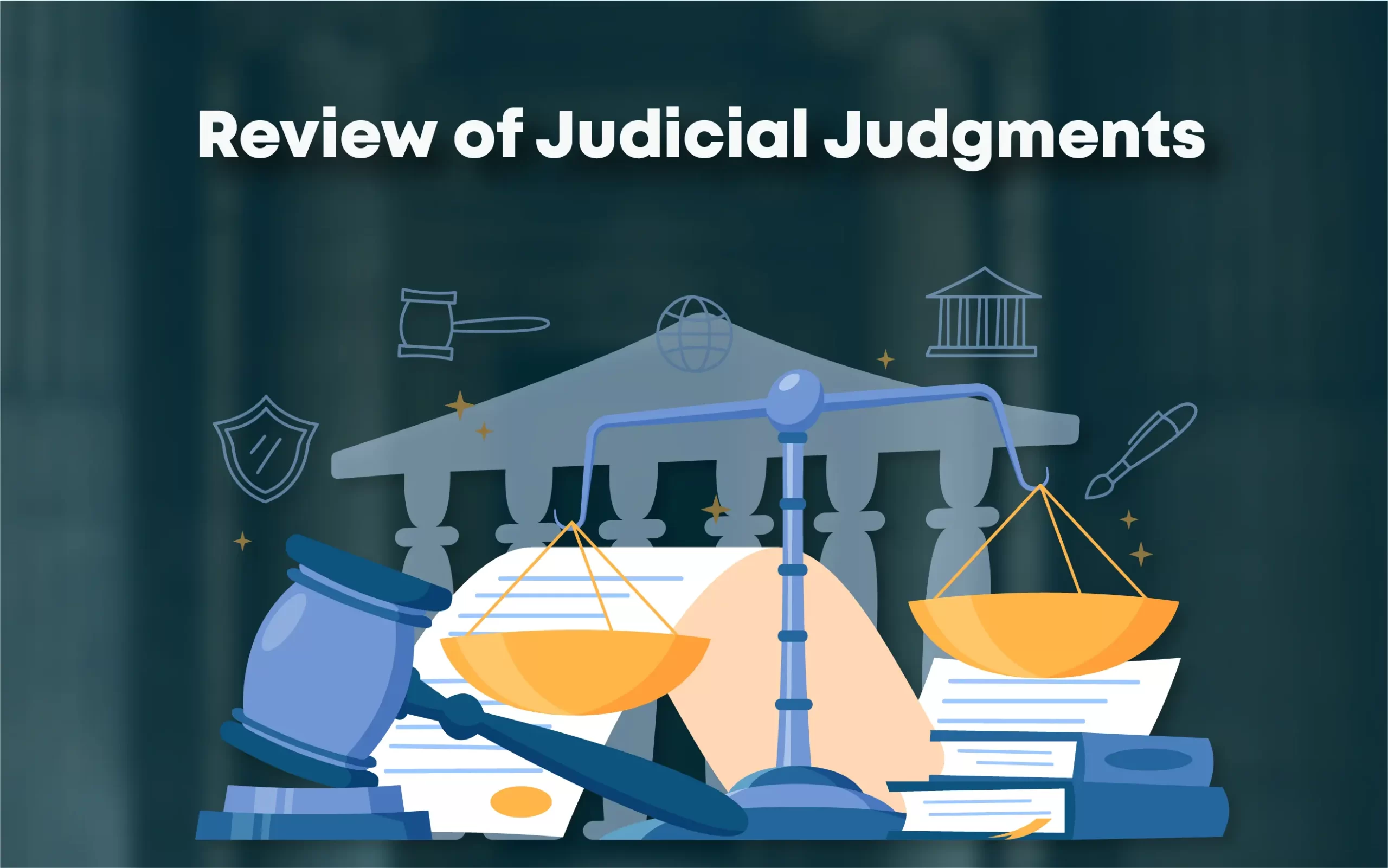Introduction
The judicial system plays a pivotal role in achieving justice and maintaining public order. In this context, the Court of Cassation is considered one of the highest judicial bodies, and its rulings are mostly final and binding. However, there are exceptions that allow for the review of these judgments.
Legal Basis for Reviewing Judgments
The legal framework for the possibility of reviewing judgments issued by the Court of Cassation is based on Article (187) repeated from Federal Law No. (11) of 1992, as amended by Federal Decree-Law No. (15) of 2021. This article stipulates that the Court of Cassation may reconsider its decisions or judgments in specific cases.
Cases Where Reconsideration of Judgments is Permitted
These cases include:
Procedural errors committed by the court or its auxiliary bodies that affected the outcome of the decision or judgment. If the decision or judgment is based on an invalid law. Contradiction of the decision or judgment with established judicial principles by different judicial bodies or circuits.
Procedures for Submitting Review Requests
A review request is submitted by the party against whom the decision or judgment was issued to the competent court’s president. It must be accompanied by a signed pleading by an accepted lawyer and a security deposit of twenty thousand dirhams.
Review Requests
Review requests are considered by a panel of five judges, and the panel issues its decision by a majority of four judges. If the request is accepted, it is referred to another chamber for a fresh review, and the deposited amount is returned to the applicant.
Limitations on Submitting Review Requests
A review request can be submitted only once, and it cannot be filed after one year from the date of the final decision or judgment.
Expert Opinions
Ahmed Saber – Head of Litigation Department
I believe that the possibility of reviewing judgments granted by Article (187) of Federal Law No. (11) of 1992 is a necessary legal procedure to ensure the achievement of true justice. This procedure allows for the correction of procedural and legal errors and violations of judicial principles, protecting individuals’ rights and ensuring the stability of the judicial system. However, requests should be carefully prepared and supported by strong evidence to ensure the fairness of the final decision.
Nada Al-Mawwi – Head of Consultation Department
The ability to review judgments represents an important legal procedure to protect individuals’ rights and correct situations in the presence of procedural or legal errors. There must be a delicate balance between the need for stability in judicial decisions and the need to rectify errors. The procedure should be transparent and clearly defined in laws and regulations. Legal experts and lawyers should provide support and guidance to individuals seeking to review judgments to ensure the proper and fair implementation of the laws.
In conclusion
The Court of Cassation is of paramount importance as a high-level judicial body in the justice system. Its judgments are usually final, but the possibility of review in specific cases contributes to achieving true justice and ensuring the respect for laws and judicial principles. Identifying the cases in which reconsideration of judgments is allowed and the procedures for submitting requests reflect the balance between the need for stability in judicial decisions and the need for rectifying errors and ensuring fairness. It is essential that review requests are supported by strong evidence and submitted by qualified lawyers.
Finally, the legal community and legal experts must play a crucial role in monitoring and evaluating the implementation of these laws and regulations related to the review of judgments. We should all strive to ensure that justice remains the ultimate goal in our judicial system and is consistently achieved.

